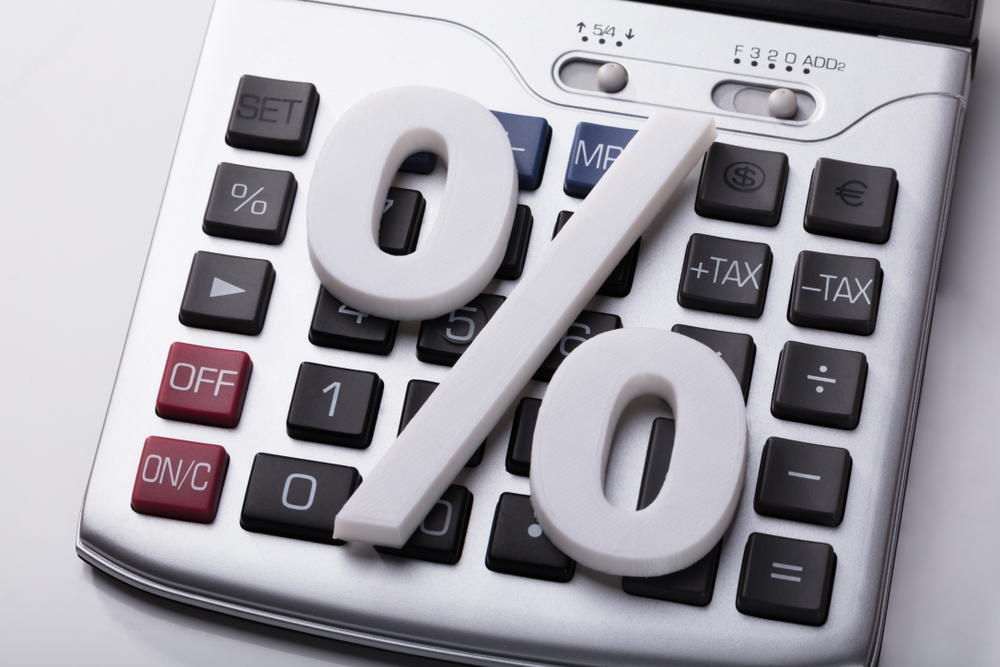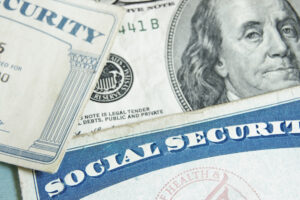 `
`
Is my tax rate going to be lower or higher once I retire?
Asking (and answering) this question early on can help you with your retirement savings. Many adults assume that they’ll instantly fall in a lower tax bracket when they retire and while this is true in most cases, it’s not a guarantee. Here are three things to keep in mind.
Firstly, once you retire you’ll be saying goodbye to a series of tax deductions, if not all. It’s very likely that all your income will be taxable. Your kids will no longer be dependent, so strike them off your list before you forget. Then there are your 401(k) tax-deferred contributions to consider, since once you retire you’ll no longer contribute to these savings.
Finally, there’s the mortgage interest deduction. By the time you’re in your 60s, your house will probably be paid off or close to.
Secondly, if you’re a fan of traveling or plan on traveling a lot once you retire, you might as well assume your income will be lower because of this. Vacations are far from cheap and they’ll take a chunk out of your income. To help wrap your head around this it’s best to start thinking of this expense as separate from your daily living expenses.
And, thirdly, you need to keep in mind that tax rates fluctuate, so they may be higher tomorrow than they are today. We tend to think that we’re living a dream in 2020 (at least when it comes to taxes…) since the top tax rate now is 37%. Back in the 1940s it was at a staggering 94%, and in the 1970s it was in the 70% range.
But what goes down must come up eventually and expert say that America’s growing national debt will eventually contribute to growing tax rates, so watch out!





























































